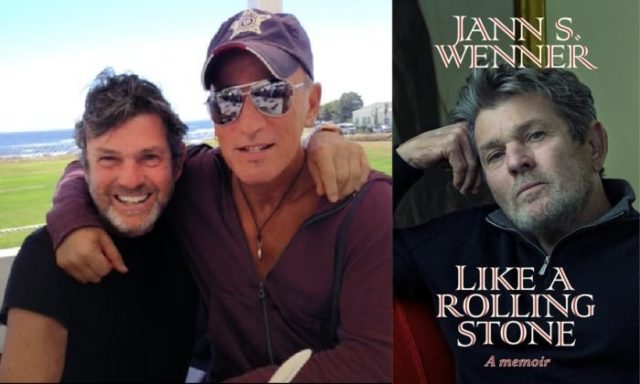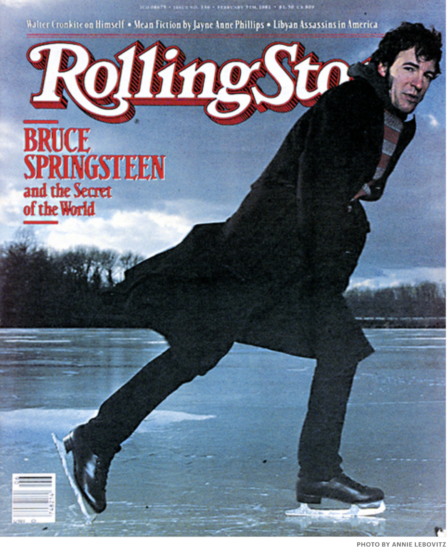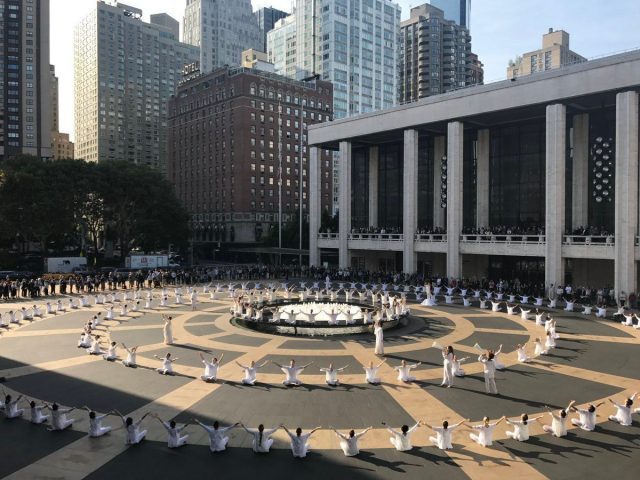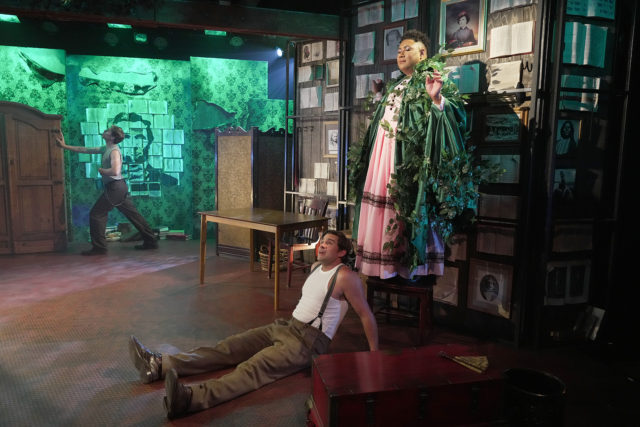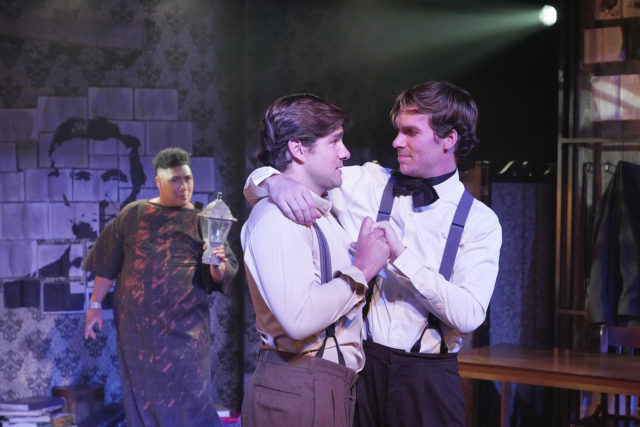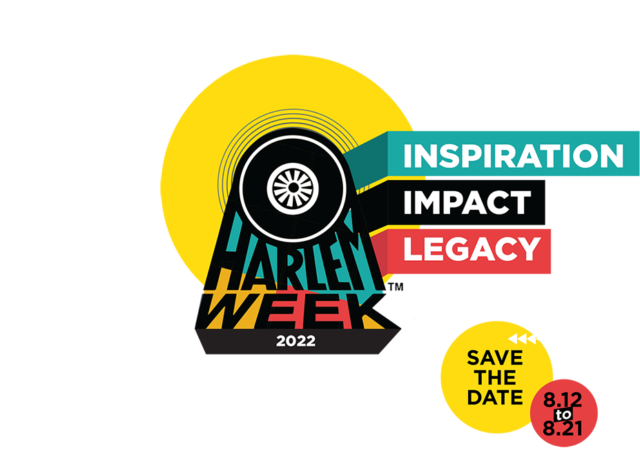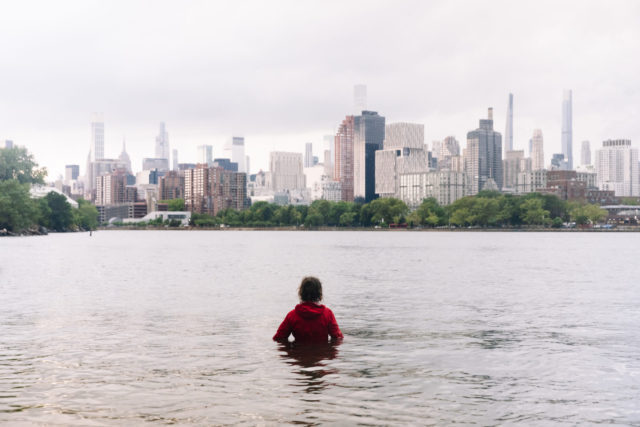
Sarah Cameron Sunde will conclude thirteen-year durational project in New York City on September 14 (photo courtesy Sarah Cameron Sunde)
Who: Sarah Cameron Sunde
What: Conclusion of nine-year artistic environmental journey
Where: Hallet’s Cove, special viewing areas, and online
When: Wednesday, September 14, free, 7:27 am – 8:06 pm
Why: Harlem-based interdisciplinary artist and director Sarah Cameron Sunde began 36.5 / A Durational Performance with the Sea back in 2013, in which she stands in bodies of water for full twelve-plus-hour tidal cycles, with the public invited to join her in person or online. The work, which has been performed on six continents, was inspired by the damage caused by Hurricane Sandy, to the community, humanity, and artists specifically. The piece comes to its conclusion on September 14 with 36.5 / New York Estuary, when Sunde will be at Hallet’s Cove at 31-10 Vernon Blvd.; you can go in the water with her, watch the livestream at home or with others at Brookfield Place, Manhattan West, Riverside Park Conservancy, Gallatin Galleries at NYU, Mercury Store in Brooklyn, the RISE center in Far Rockaway, or the Newhouse Center for Contemporary Art at Snug Harbor in Staten Island, or check it out from viewing stations on the northern tip of Roosevelt Island or the Upper East Side. There will also be remote participants from Bangladesh, Brazil, Kenya, the Netherlands, and Aotearoa—New Zealand. In conjunction with the finale, Sunde cofounded Kin to the Cove, a community organization that hosts site-specific workshops, discussions, and other events.
The work has previously been performed in Maine, Mexico, San Francisco Bay, the Netherlands, the Bay of Bengal in Bangladesh, the Bay of All Saints in Brazil, Bodo Inlet in Kenya, and Te Manukanukatanga ō Hoturoa in Tāmaki Makaurau. Sunde explained in a statement, “36.5 / A Durational Performance with the Sea is my attempt to translate the seemingly abstract idea of climate change and sea-level rise into our bodies. It’s also about Time on many different scales: a durational work that unfolds over thirteen hours that has taken nearly a decade to complete. The tide tracks time on my body viscerally, which functions as a metaphor for the changing environment. The water is my collaborator, and the risks are real. I stay present in the sensations, attempt to embody the ocean, and find a way to endure the struggle while decentering my human experience and acknowledging potential futures. The public is invited to stand in the water with me for however long they like and to participate in a series of artistic interventions from the shore, creating a human clock that communicates to me each hour as it passes.”
On October 6 at 6:00, NYU dean for the humanities Una Chaudhuri will moderate “Standing with the Sea: Reflections on Sarah Cameron Sunde’s 36.5 / A Durational Performance with the Sea” at Gardner Commons in Shimkin Hall, followed by a screening of an updated video on the outside Bobst Library wall.

